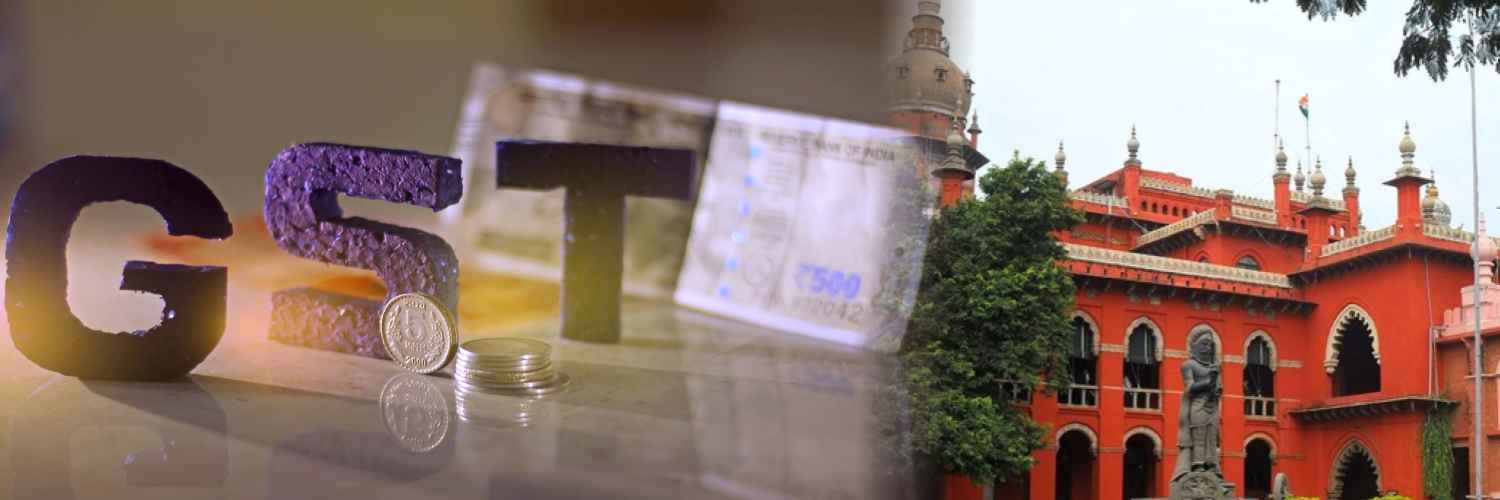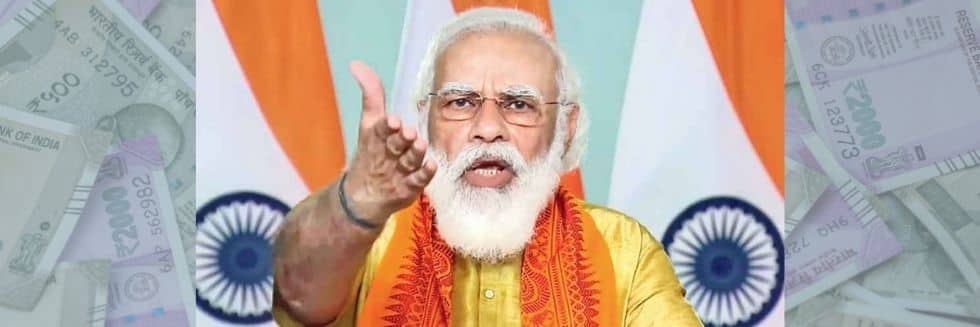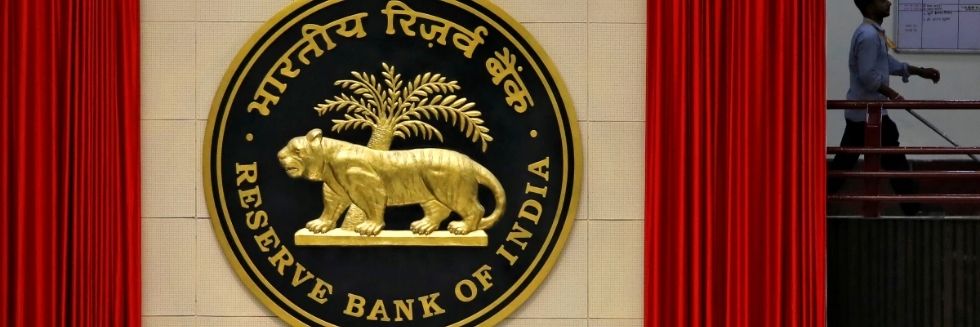The Madras High Court in its recent order has propounded that the time limit for availing Transitional Input Tax Credit (ITC) is mandatory in nature, not directory. The Court further held that the ITC is a form of concession, not a property in which right can be vested. Therefore, the corresponding rule number 117 should be followed in a mandatory nature.
The petitioner P.R. Mani Electronics, a retail merchant challenged the constitutional validity of Rule 117 of the Central Goods and Service Tax Rules, 2017 as ultra vires to Section 140 of Central Goods and Service Tax Act, 2017 (CGST Act) and Article 14 and 300A of the Indian Constitution.
Input Tax Credit system grants an opportunity to the taxpayer to reduce the tax amount that he had already paid. For example at the time of paying tax for the sales, the taxpayer can reduce the amount of tax that he already paid at the time of purchases.
The GST implementation has widened the scope of ITC. The basic norm of ITC is to cut short the tax paid on inputs from the amount of taxes paid on output. Section 140 of the CGST Act is dealing with the Transitional ITC under the CGST Act and it stipulates that a registered person is required to submit a return, within such time and in such a manner which may be prescribed for the purposes of availing Transitional ITC. The procedure related to the availing of Transitional ITC is prescribed under Rule 117 of the CGST Rules.
As per the rules, a registered person is required to submit a declaration, electronically in the Form GSTBTRAN-1 on the common portal within 90 days, if applicable, the extended period not exceeding 180 days from the appointed date in order to make a claim for Transitional ITC.
The Court observed that ITC is a form of a concession granted to a registered person under the CGST Act, not a property in which a person can establish any rights. The time limits prescribed under the CGST Rules are valid and strict in nature. The Court had declined that argument raised by the petitioner that ITC is a form of property and the rights can be vested upon the same. In Jayam and Company v. Assistant Commissioner and another, the apex court had observed that the nature of Rule 117. The Court albeit in the context of the TNVAT Act, categorically concluded that ITC is a form of concession provided by the legislature and it can be only availed by satisfying the prescribed conditions.
This news has been written and submitted by Ms. Aarushi Kapoor during her course of internship at B&B Associates LLP. Ms. Aarushi is a third-year law student at Hidayatullah National Law University, Naya Raipur, Chhattisgarh.






